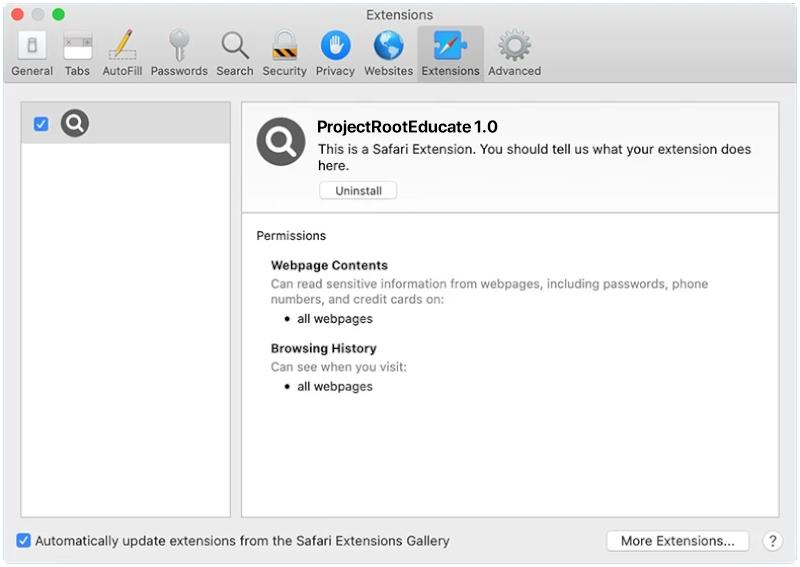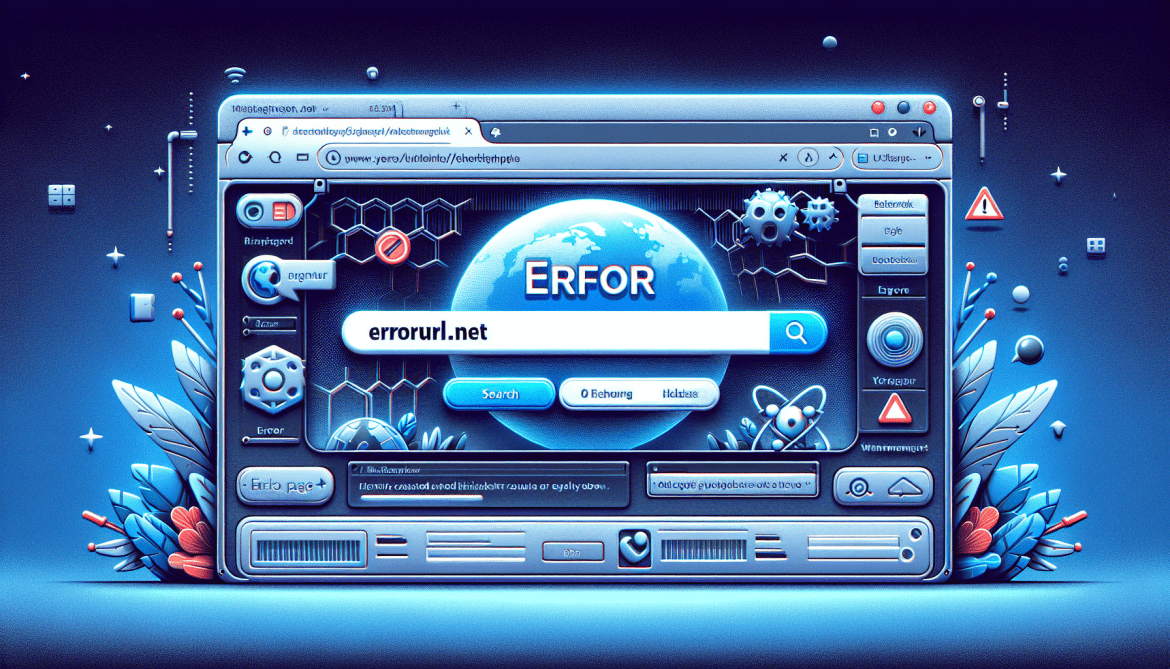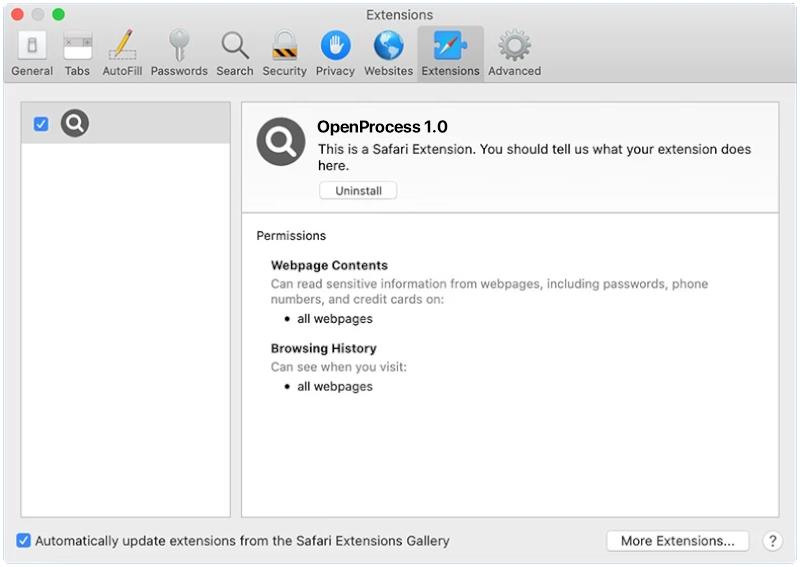Datingkoe.info is a malicious website that infects computers through various deceptive tactics such as fake software updates, freeware downloads, and malicious email attachments. Once a user visits the website, they may be prompted to allow notifications, which can then be used to bombard the user with unwanted advertisements and potentially harmful content.
Datingkoe.info exploits browser notifications by tricking users into allowing notifications that can then be used to deliver spammy ads, fake alerts, and other malicious content. These notifications can be difficult to remove and can disrupt the user’s browsing experience. Datingkoe.info primarily targets popular web browsers such as Google Chrome, Mozilla Firefox, and Safari, and can infect both desktop and mobile devices. Users should be cautious when visiting unfamiliar websites and avoid clicking on suspicious links or allowing notifications from unknown sources to prevent infection by Datingkoe.info and other similar threats.










